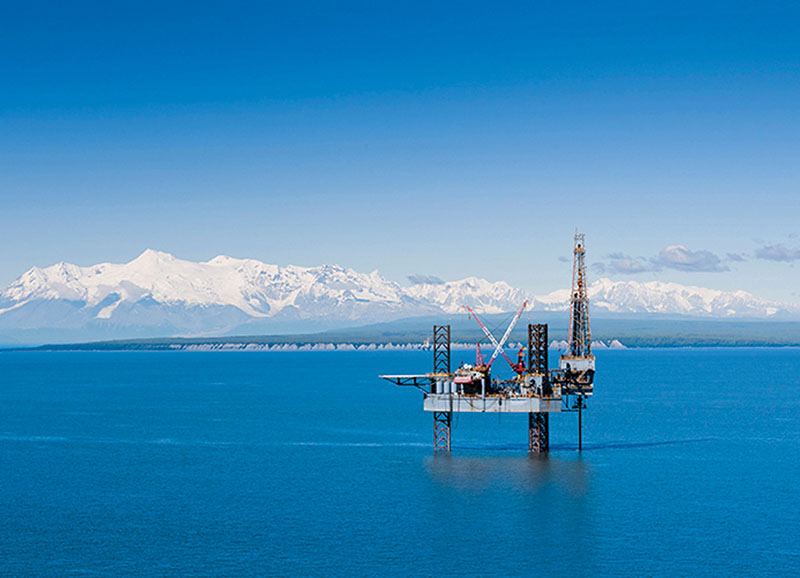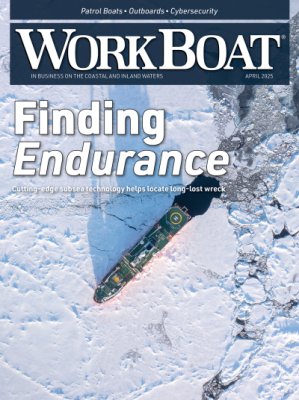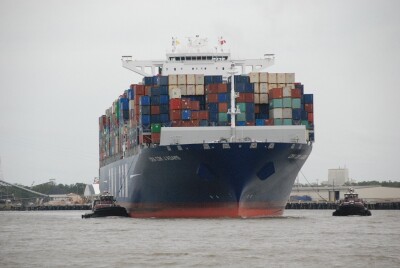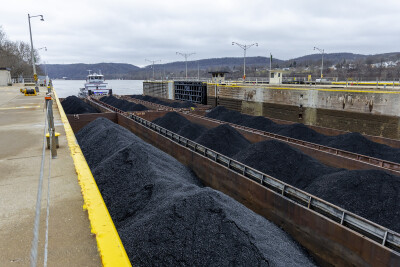An Alaska oil company has agreed to pay $10 million to settle a Jones Act violation case — the largest penalty in the act’s history, the Justice Department said Tuesday.
Furie Operating Alaska will pay the fine for moving the jack-up rig Spartan 151 from the Gulf of Mexico to Vancouver, B.C., in 2011 on a foreign-flag semi-submersible, heavy-lift vessel and then by U.S.-flag tugs to Cook Inlet to look for natural gas without getting a Jones Act waiver.
“Resolution of this case demonstrates that the Jones Act will be actively enforced and that an intentional violation will not be rewarded,” said the announcement by acting U.S. Attorney Bryan Schroder. The settlement “is designed not to undermine [Furie’s] ability to bring natural gas to market in Southcentral Alaska.”
Furie, formerly Escopeta Oil Co., was originally fined $15 million. In 2012, it sued the Department of Homeland Security saying the fine is “the largest penalty ever assessed for an alleged Jones Act violation.” Furie maintained it didn’t violate the act, that the fine was excessive and that none of the essential facts changed from 2006 when they originally were granted a waiver, including a stipulation that no U.S.-flag vessels were able to handle the transport around Cape Horn.
When Furie finally was ready to move a rig several years later, DHS denied its request to reconfirm the waiver but said it was willing to work with the company and “discuss mitigation of any Jones Act penalties,” the suit said. Had it not gotten those assurances and a promise by Customs and Border Protection not to seize the vessel, Furie said it would not have gone forward.
The law — Section 27 of the Merchant Marine Act of 1920 — requires cargo moved from one U.S. port to another be on vessels that are U.S. built, owned and crewed.
The case was dismissed by U.S. District Judge John Sedwick March 31.





